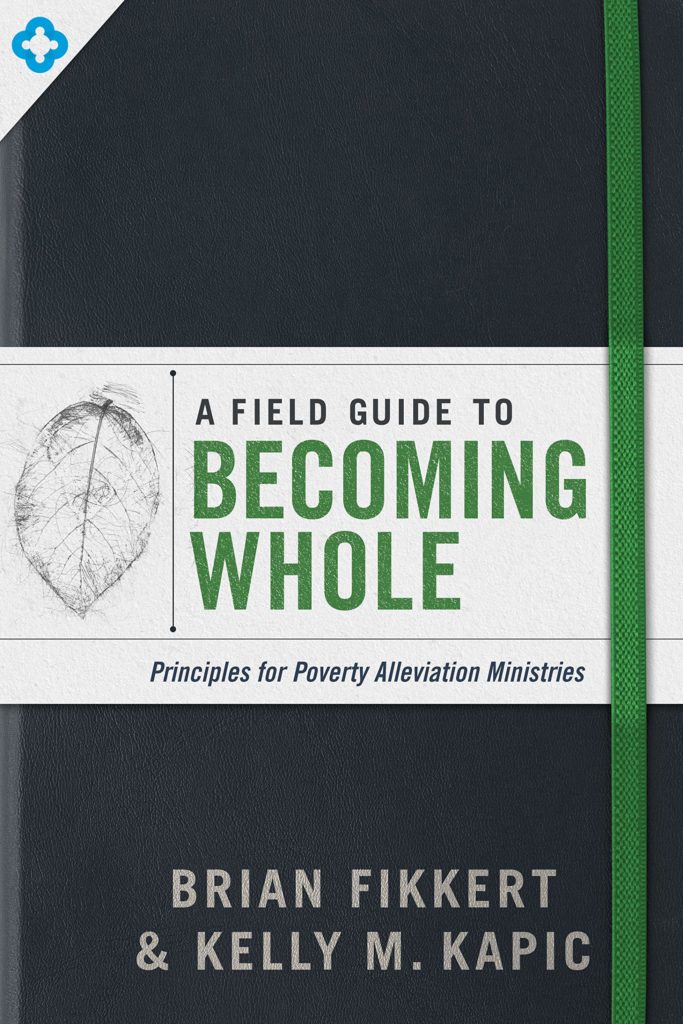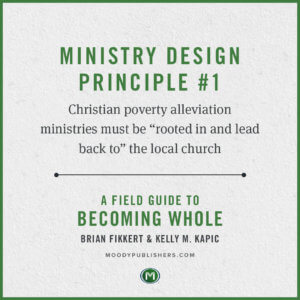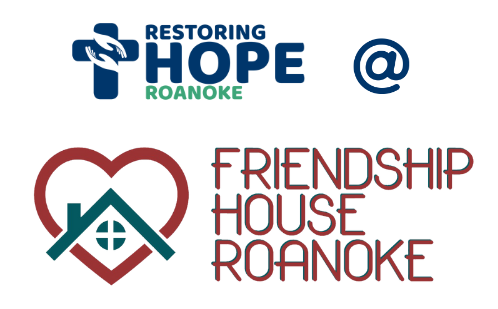Field Guide to Becoming Whole
By Brian Fikkert and Kelly M. Kapic

A companion to our previously-reviewed Becoming Whole, A Field Guide to Becoming Whole offers practical principles for poverty-alleviation ministries as they apply the theories laid out in the former book. Field Guide explores the commonly-held “stories of change” that both poor people and non-poor people often hold and helps us align them with the Gospel story, which is the only one that can provide God-honoring change that leads to a restored relationship with God, self, others, and the rest of creation.
Field Guide also looks at the five underlying reasons of poverty: broken stories of change, broken practices, broken systems, broken people, and demonic forces. Authors Brian Fikkert and Kelly Kapic outline what each looks like in practice and how they might each be addressed by Christian poverty alleviation ministries. As in other materials produced by the Chalmers Center, the Field Guide considers the three types of alleviation practices (relief, rehabilitation, and development) and discusses how they are each used in the appropriate time and situation and in which situations inappropriate support leads to problems such as paternalism and unhealthy dependency. Once again, we are reminded that we are all broken people in need of help to repair our relationships with God, self, others, and the rest of creation, and that as we walk alongside the poor, we can seek those areas of reconciliation together.

With helpful charts, encouraging real-life stories, and 20 Ministry Design Principles intended for Christian poverty alleviation ministries, Field Guide helps us connect theory with practice as we consider how to best walk alongside the poor.
These Ministry Design Principles consider the broad areas of kingdom community, false gods and erroneous stories of change, destructive formative practices, addressing broken systems and broken people, and resisting demonic forces. Each design principle section concludes with reflection questions so that the reader can consider the practices of his or her own ministry. The end of the book also helpfully provides a list of all of the principles, as well as a discussion of program models and key themes of Becoming Whole for those who missed it or would like a refresher.
Field Guide is useful both for those who are interested in starting poverty alleviation ministries and those who have worked in this area for a long time but are still continuing to seek to improve their ministries in walking with the poor.
